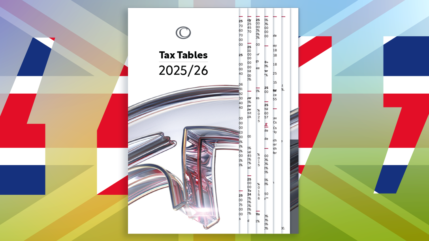“If opportunity doesn’t knock, build a door.”
Milton Berle
Capital Gains Tax (CGT) is due on any profit realised through the disposal of assets. Thankfully one asset that can escape this tax might be one of the most valuable assets you can own…a main residence. But what if you own more than one property and have lived in both for a period of time?
From a CGT perspective married couples, civil partners and non-married couples may only nominate one property as a main residence, but here’s where things get complex.
There could be a potential CGT liability if you have not lived in your main residence for the entire duration of ownership, or if the property:
- has been used for business or let out.
- was purchased purely to make a financial gain.
- was purchased with the intention of being the main residence but was not occupied for a period of time.
A Key Consideration
If a property owner has not lived in their main residence for a period of time then any gain in value during this period may be liable to CGT, but there are some exceptions which mean certain periods of non-residency may be exempt from CGT.
If you own a property and have used it as a main residence for some time throughout the duration of ownership, you may be entitled to receive a CGT relief:
- On the first 12 months of ownership.
- On the last 18 months before the main residence is sold.
- If you could not sell your previous main residence.
Any additional properties sold without ever being used as a main residence would attract CGT if the gain exceeds the annual £11,300 relief per individual (or £22,600 for married couples or civil partners).
Capital Gains Tax (CGT) is a big beast. It has been around since 1965 when it was introduced at a whopping 30%. Over the years it has evolved, subject to change by different governments and we suspect this will continue into the future.
Your Courtiers adviser is always available to answer any questions and help guide you along the way.













